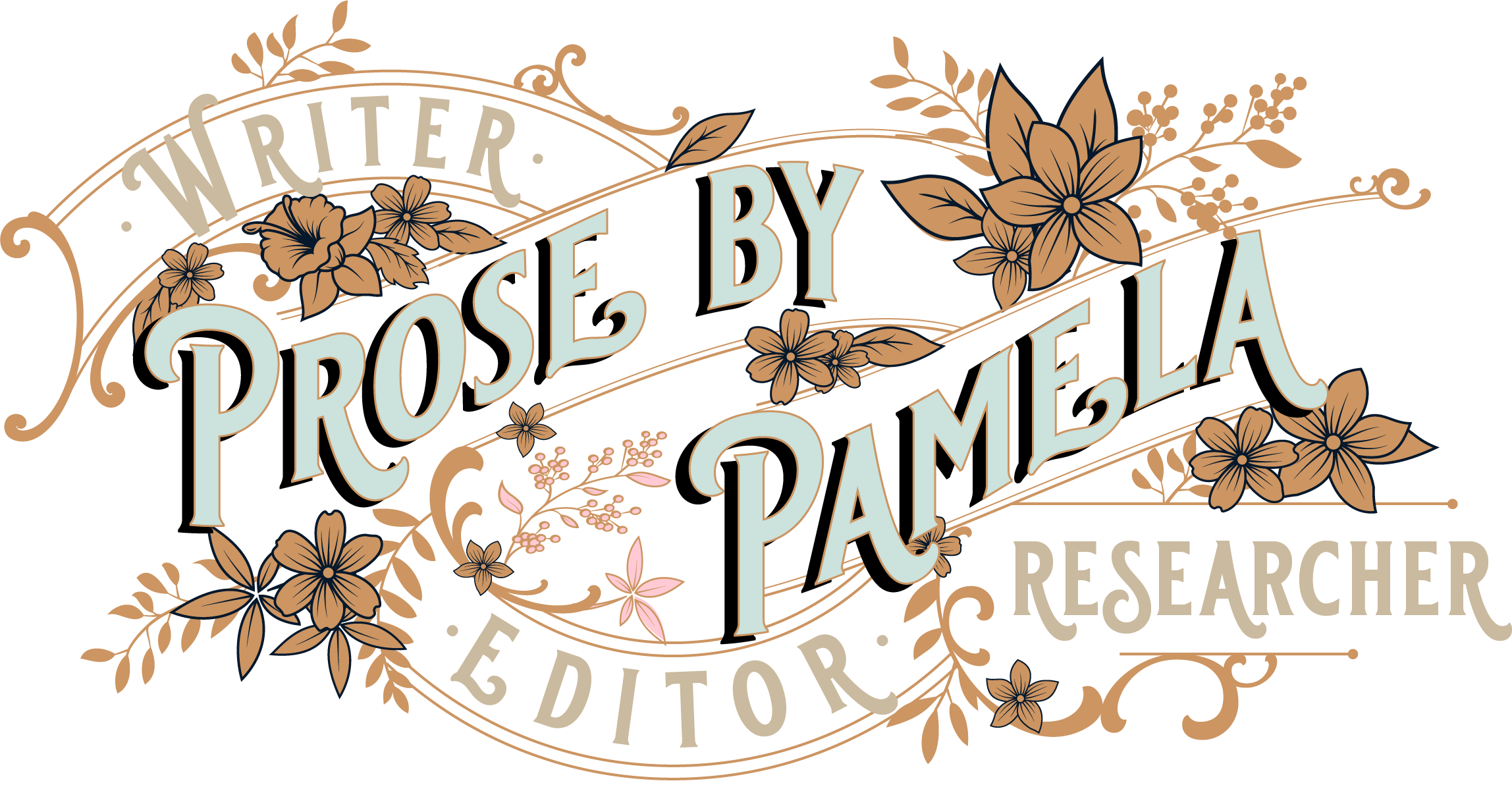Everyone knows the old adage: “Write what you know.” The statement holds true, but in its simple form, it’s at best, misleading, at worst, reductionist. What we know isn’t as straightforward as just what we’ve experienced, it’s what we read, and think, and intellectualise. So I propose a change. Instead of “write what you know,” I think you should write what you learn.
As a society, we tend to put a greater value on books that we consider a) true, or b) literary. What we consider literary is often based on a social agreement of perceived truth; a novel based on personal experience, or the experience of a character of something that we recognise in real-world terms. But that’s the funny thing about truth, it’s entirely subjective. Works of truly imaginative fiction like science-fiction, horror, or fantasy, are often considered lesser because they don’t contain a truth that all readers can recognise in the real world. I think that shows a profound lack of imagination.
Think of your favourite work outside of non-fiction or literary fiction. What was it that spoke to you? For me, it’s Ted Chiang’s “Stories of Your Life and Others,” a collection of short works of speculative fiction. The titular “Story of Your Life” is, on the surface, about making first contact with an alien species, but in essence, it’s about linguistics and the way your thought patterns change when you learn a new language. Does Ted Chiang know what it’s like to make first contact with an alien species? Of course not. But what he does know is how language learning works, and what he has learned is how that affects brain activity. He has written an underlying, learned truth, couched in a work of pure imagination. He wasn’t constrained by “write what you know”. He wrote what he learned. And that learning, in turn, became knowledge.
New writers are often put off tackling certain subjects because they don’t know anything about them first hand. If they haven’t experienced it, they think they can’t write about it. I’m here to tell you that this is definitely not the case. If you don’t know something, learn about it. If your protagonist has a job you’ve never had, do some research, and speak to people who actually do that job to learn about what their day to day is like. We have the internet now, and the world’s knowledge is literally at our fingertips. There are articles, videos, and discussion forums on almost every topic under the sun, just waiting for you to learn and explore.
Writing what you learn can also help include diversity in your writing. Many writers are afraid of creating characters who are different from them because they haven’t experienced that difference first hand. I can understand that reticence. It’s important not to misrepresent things with which you have no experience. The result of not trying, however, is flat and lifeless books with cookie-cutter characters.
Diversity is essential to writing a great story, and thankfully there are many ways that you can learn about the lived experiences of others to write deep and varied characters. Join diverse writing groups, visit resource websites (of which there are many), read widely (both fiction and non-fiction), to learn about the chosen representation of the community you want to include. Fanfiction communities are also a great way to get feedback and hear from diverse voices. In essence, learn, learn, learn!
Over time, the more you learn, the more you’ll know. The result will be better books, deeper characters, and an imaginative framework in which to represent it all. So, don’t just write what you know. Write what you learn. Your readership will thank you for it.





0 Comments